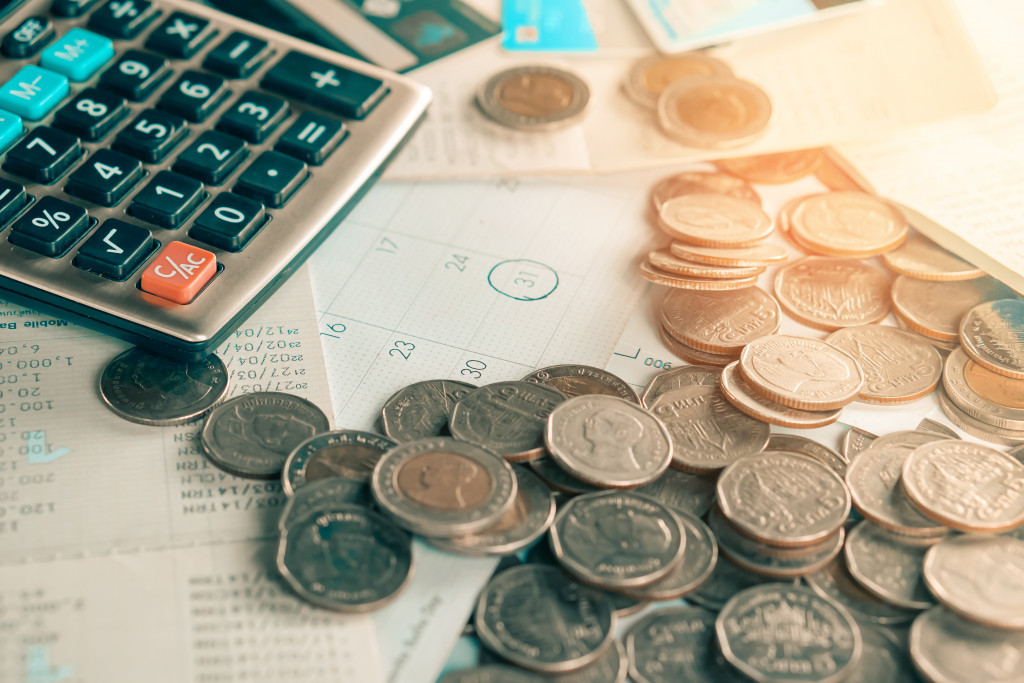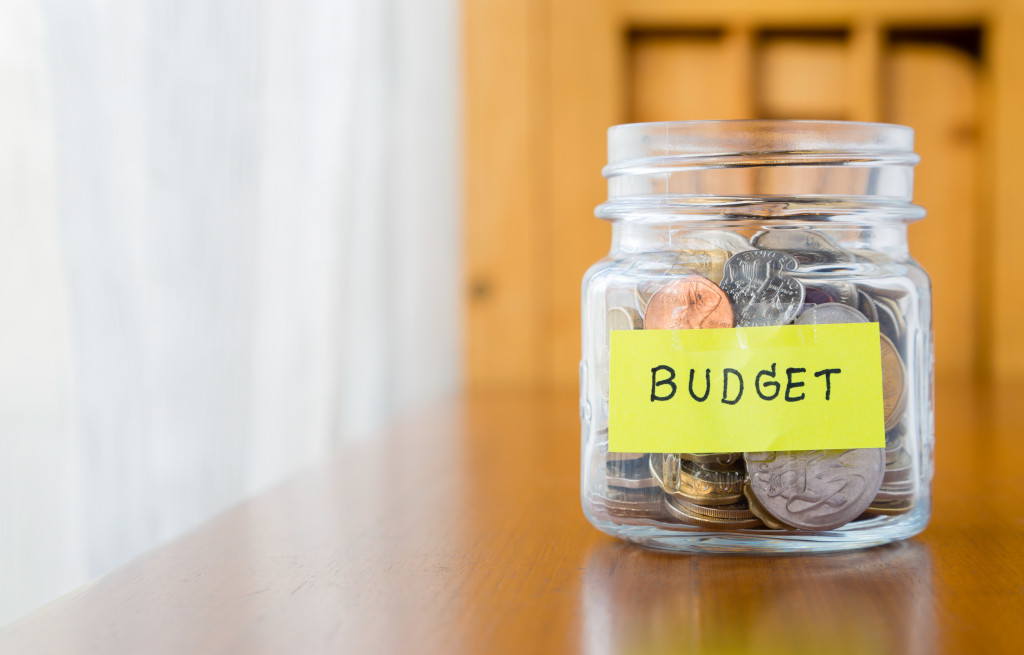Spending money isn’t always easy. Oftentimes, if you don’t keep track of what you spend, you may find yourself constantly overspending. This is why it is essential to create a system for tracking your spending to stay on top of your financial habits.
If you want to get a clear picture of where your money is going, you need to keep track of your expenses. Tracking your expenses helps to identify and eliminate wasteful spending habits. It also contributes to better financial control.
Here are steps you can do to track your expenses effectively:
Create A Budget
A budget doesn’t control you because you control it. This is a roadmap that helps you stay on track toward financial freedom. You know you want to make sure your monthly income covers all your needs, plus some of your wants. It’s smart to set money aside for emergencies and the future. Even if you don’t have much now, saving for the future will make things easier down the road.
There are several ways to create a budget plan. Some examples include the zero-based budget and the envelope system. Start first by creating a budget by using a notepad or a spreadsheet on your computer. Follow these simple steps to come up with your own:
- Note your income: Calculate your income and determine how much money you make in a month
- Track how much you spend: Make it a habit to regularly track your expenses. Begin by listing all of your fixed expenses — the monthly bills for things like mortgage or rent, insurance, or utilities.
- Figure out your variable expenses: These are the kind of expenses that are flexible, like gas, groceries, and entertainment like movies and a trip.
- Set goals: List out all of your financial goals and how you plan to accomplish them. Separate them into two categories: short-term and long-term goals.
List Down Everything Throughout The Day
Keep a running tally of your purchases and add them up in a notebook or a mobile application at the end of each day. When you bring your notebook close to you or remember to list everything in the app, it forces you to pay attention to what you’re spending. You might even walk away from some purchases instead of impulsively buying them.
By writing down your expenses regularly, you will become more aware of where your money goes. That awareness will make it far less likely that you’ll make foolish financial decisions. It will also reduce a big stress factor in your life: money problems.

Stick to Your Budget
Stay within your means. Avoid impulse buying and know exactly how much you can spend before you leave the house. Don’t overspend too. To be financially smarter, you need to know how much cash you can spend before running out. Before getting ready for next month, take the time to see if the budget works for you or if you need to adjust it.
You may find that it’s difficult to control your spending at first, but the essential step to staying on budget is to work out an estimate of what you spend on things like food, clothes, entertainment, and even petrol.
Review Your Big Expenses
You can also review your biggest expenses of the year. That includes home expenses, car repairs, travel expenses, education costs, furniture, and electronic accessories. Make a list of everything you’ve paid for in the past year so you can check the accuracy of your credit card and bank statements.
Not every expense is a large one. But mismanagement and unexpected costs can quickly cause you to dip into debt and undermine your financial stability. If you’re planning for a big expense like travel, better prepare and budget early. Research for your desired location, how much you’ll spend on the flight, accommodation, and activities.
You can go to luxurious but affordable places and get packages and tours that can be cheaper, such as an affordable Mongolian tour. This already includes festivals, sightseeing, and meeting local people high up in the scenic mountains. Think of plans early on to control your spending and come up with ways to save.
Make A Plan
Manage your money by reviewing your expenses and deciding how to cut back. Set a goal, such as building an emergency fund or paying down credit card debt. With the rest of your income, you can move the money to another spending category or into savings to help reach your goals at the end of every month.
Now that you can see where you’re spending your money, look for ways you can save. There are several things you can do to start saving now. Save money by doing just a few simple things, like cutting out coffee at Starbucks and bringing a thermos.
Managing your money is a personal choice that only you can make. Some people prefer to log each of their transactions manually, while others want an app that they can sync to their accounts and track their expenses for them. Others have different ways of budgeting too. Tracking your expenses can help you make sure you don’t overspend in any area, so it depends on how you’ll do it.
